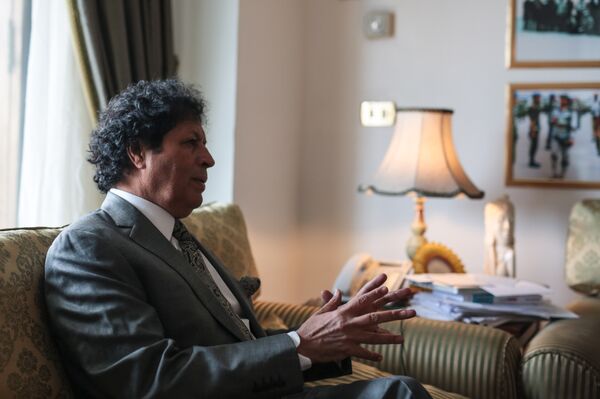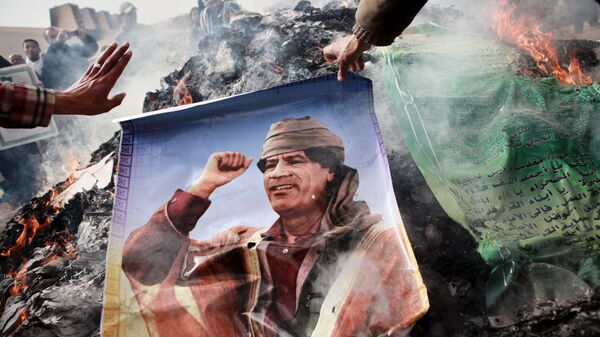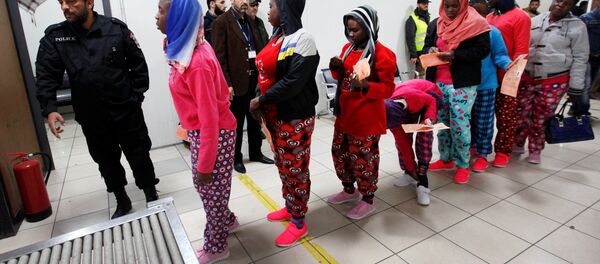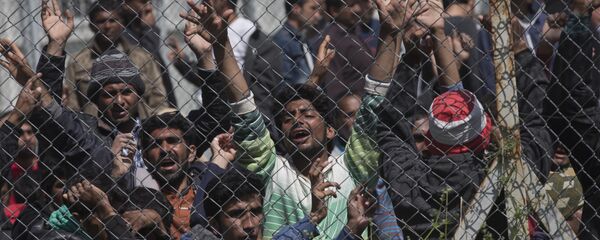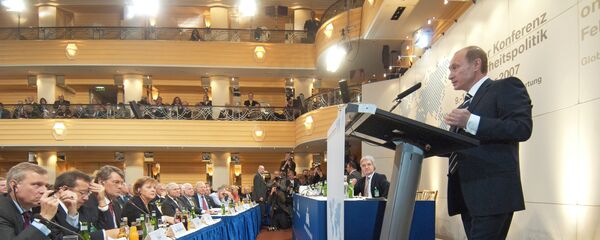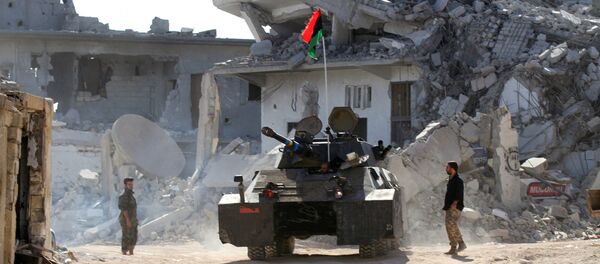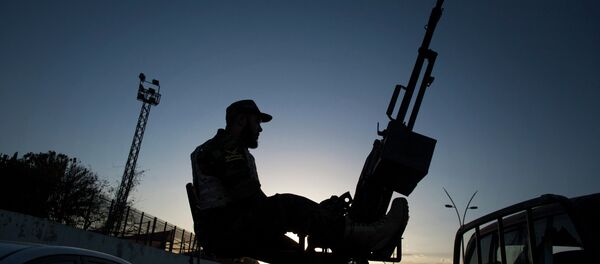Libya's descent into chaos began on February 17, 2011, when protests in the city of Benghazi escalated to a widespread rebellion, concentrated mostly in the eastern portion of the country. In March 2011, as government forces rallied and prepared to crush the revolt, French, British, US, Canadian and Italian forces and allies from Jordan, Qatar, the UAE and Sweden implemented a no-fly zone over Libyan airspace, and launched air strikes against Libyan Army forces.
Speaking to RIA Novosti about the condition Libya is in today, Ahmed Gaddaf al-Dam, Gaddafi's cousin and a former aide to the Libyan leader, said that he is convinced that the NATO mission to destroy his country has not yet been completed.
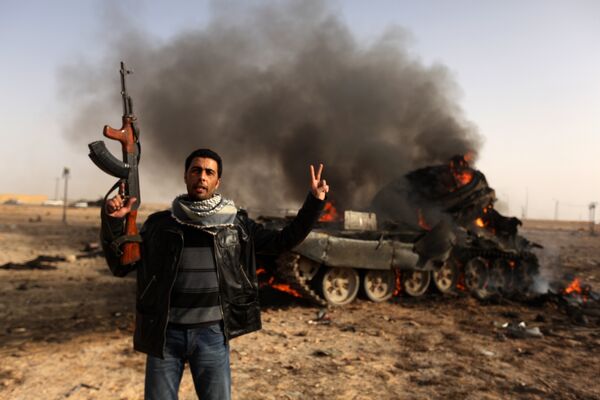
The alliance, he recalled, had intervened in the country as a united front, but then began supporting disparate armed groups which opposed one another all across the country. All the while, "NATO itself was never divided, and sought only to manage the conflict. They did not want it to end. It became clear that the West's plan, which started off with coming to kill Gaddafi and to destroy Libya, has yet to be fully implemented. The West continues to nurture [various] groups to ensure that the conflict does not end for as long as possible."
"If the problem lay in the need for Gaddafi or Saddam Hussein to give up power, as some have claimed, then why is all this senseless destruction and killing still going on [now that they are gone]? In this war, fueled by pro-Western forces, there are no winners."
As for Gaddafi's predictions, Gaddaf al-Dam pointed out that the Libyan leader "was a historian and a revolutionary, with his own life experience. He had information about the threats to the Middle East. He warned about it back in the 1980s –all of this is documented. And now, unfortunately, it's clear that he has successfully predicted exactly what has come to pass in the Middle East."
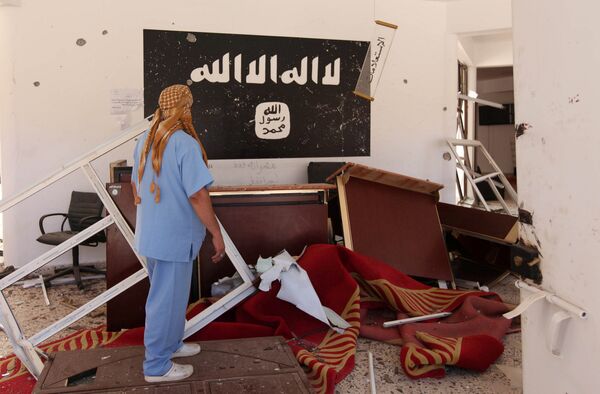
Responsibility for the current chaos in Libya lies squarely on the shoulders of the Security Council, which approved the no-fly zone, and NATO, which implemented it, Gaddaf al-Dam said.
They shoulder the responsibility "for the violations which were committed in Libya – for the tremendous destruction of the country's infrastructure, for the deaths, for the displacement of a third of the country's population, for the prisons, where tens of thousands languish, for the wounded, for the stolen billions, the stolen antiquities, gold, uranium, but most importantly – for the humiliation of the dignity of Libyans, who are living as beggars across the planet."
Obama, Gaddaf al-Dam recalled, has acknowledged his mistake. So too did the UK's Foreign Affairs Committee of the House of Commons, and former Italian Prime Minister Silvio Berlusconi. Now, he said, "Libyans demand an apology. Those who make mistakes must fix them."
"First, the international community must apologize for the things they have done to Libyans, and then begin to correct the mistakes. Then we will extend our hands to one another to rebuild our homeland, and return our sons."
"It is necessary to revive the army, about 70,000 of whom are now living in Tunisia and Egypt, as well as the police and the judicial system," he noted. "The internally displaced persons must return home, and prisoners should be released. We need a general amnesty, and free elections under the auspices of the international community. All of this can be solved; we have the necessary knowledge and traditions."
Just as importantly, Gaddaf al-Dam stressed, "all of this can be done without external political and military intervention, which only exacerbates confrontation."
For now though, he added, "we are looking at the situation from the outside, because we do not want to be implicated in this catastrophe. We do not want to be puppets, implementing the plans of the imperialists, who want to turn Libya into a dumping ground for its waste, to appropriate our wealth and build their military bases here. We want peace for Libya – we want to heal the wounds of Libyans."
"No one can participate in the construction of a state if he does not take part in dialogue and the search for solutions," Gaddaf al-Dam noted. "We are an important component when it comes to the Libyan settlement. It's not possible to continue to ignore over 60% of Libyans. These people simply have not yet taken up arms, even though they were the real army, the police, the real political leaders, the lawyers and representatives of tribes who refused to betray themselves," he concluded.
